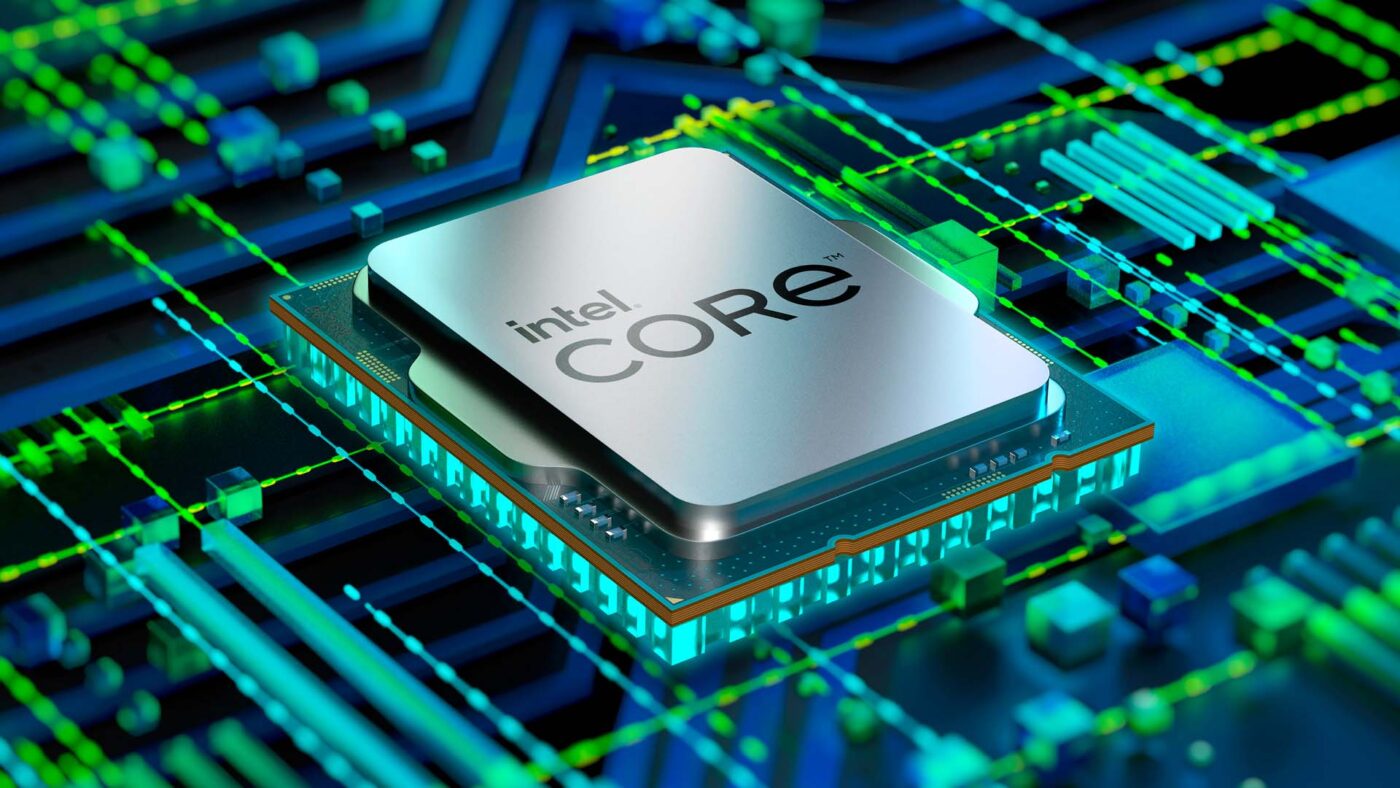In a recent development reported by Reuters, the European Commission has once again imposed a fine on Intel, this time amounting to €376.36 million ($400.26 million). The fine is a consequence of Intel’s alleged misuse of its dominant position in the computer chip sector. This decision follows the overturning of a previous fine of 1.06 billion euros that Intel faced in 2009, stemming from its actions aimed at undermining AMD’s presence in the x86 CPU market.
Previously, the Commission had argued that Intel’s financial incentives to computer manufacturers had a detrimental impact on market competition. However, the court’s dismissal of this claim led to the annulment of the hefty fine. The focus of the renewed penalty centers on Intel’s transactions with major computer manufacturers like Acer, HP, and Lenovo between 2002 and 2006.
During this period, Intel’s dealings with these manufacturers were allegedly intended to impede the introduction of products containing CPUs from their competitors. At that time, Intel’s primary rival was AMD, although there were smaller x86 CPU suppliers as well. The recent judgment by the court recognized these rebates as an abuse of Intel’s dominant market position.
It’s important to note that the court’s decision to nullify the original fine last year was not a rejection of Intel’s market abuse. Instead, it stemmed from ambiguities regarding the fine’s connection to Intel’s questionable practices. The European Commission’s renewed decision to fine Intel aims to address these ambiguities and hold the tech giant accountable for its actions during the specified period.
In summary, while Intel’s market practices between 2002 and 2006 have been acknowledged as abusive, there have been debates about the exact penalties and justifications. The recent fine by the European Commission seeks to rectify past issues and ensure that Intel’s market dominance is not misused to the detriment of competitors and the broader industry.

